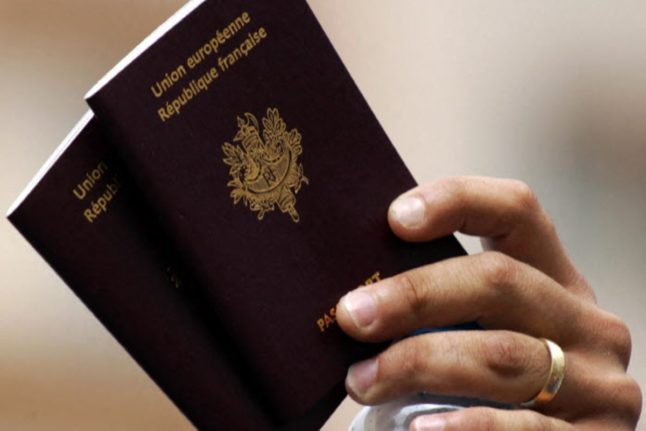Presidential campaigns in France are subject to strict financing rules. Here’s what you need to know:
Spending is capped
The amount of money that candidates can spend during a presidential election is limited at €16.85 million for those competing in the first round. The two top-polling candidates from the first round go through to a second round and they’re allowed to spend an extra €5.66 million, taking their total campaign spend up to €22.51 million.
The French spending limit is far below that applied at publicly funded candidates last US presidential election, which was set at €103.7 million. In 2020 though, Donald Trump and Joe Biden obtained an estimated total of $6.6bn in private donations. US candidates which rely on private sources of finance do not face any limits on how much they can spend.
The government pays for some campaign costs
Presidential candidates in the first round who win more than 5 percent of the vote can receive up to around €8 million from the government to reimburse their campaign costs. Those who win less than 5 percent only get up to €800,423 reimbursed by the state.
All candidates who meet the conditions to run in the first round, regardless of their vote share, receive €200,000 of public money to campaign.
Candidates running second round campaigns can have up to €10.7 million reimbursed by the state.
The biggest spenders usually win
Emmanuel Macron beat Marine Le Pen in the second round of the 2017 election, after outspending her by more than €4 million.
Other examples from recent history also suggest that spending big pays off – Nicolas Sarkozy won the 2007 presidential election after outspending his rivals and Chirac won the 1995 and 2002 elections as the biggest spender.
One recent exception is the 2012 election in which Nicolas Sarkozy lost to François Hollande in the second round despite spending more money. That year, Sarkozy didn’t receive any reimbursement from the state to cover campaign costs after breaching the spending limit. He was officially left with close to €23 million to cover himself.
However, this isn’t always the case. In 2012 Nicolas Sarkozy lost to François Hollande despite spending more money.
Private financing is strictly regulated
Individuals cannot loan money to presidential candidates, but can make donations of up to €4,600. Cash payments, as opposed to bank transfers and cheques, are limited to €150. Candidates are required to keep detailed records of who pays them money.
Businesses and organisations (apart from political parties) cannot make donations to a presidential candidate.
A law passed after the 2017 election decreed that candidates could no longer loan money from financial organisations based outside of the European Economic Community.
This means that Marine Le Pen’s loan of more than €10 million from a bank in Hungary in January was perfectly legal but Russian loans – which she used to finance her 2017 presidential bid – are no longer permitted.
Those who break the rules face heavy (albeit often delayed) penalties
The Commission nationale des comptes de campagne et des financements politiques monitors campaign accounts and political financing of candidates in French elections. Set featured image
If it finds irregularities, it can ask judicial authorities to launch an investigation.
Last year a court sentenced Sarkozy to one year in prison (which is being served under house arrest), for spending close to double the legal limit during his failed attempt to win re-election in 2012.
READ MORE Ex French president Sarkozy given one-year sentence for illegal campaign financing
The case was known as the Bygmalion affair, after the name of the public relations firm hired by Sarkozy to orchestrate a blitz of lavish US-style election rallies. Executives of the firm admitted to using a system of fake invoices to mask the real cost of the events.



 Please whitelist us to continue reading.
Please whitelist us to continue reading.
Good to see the Communists make a come back.
Good that the Communists are coming back.
Crime in France is not any higher than in other European ciuntries.